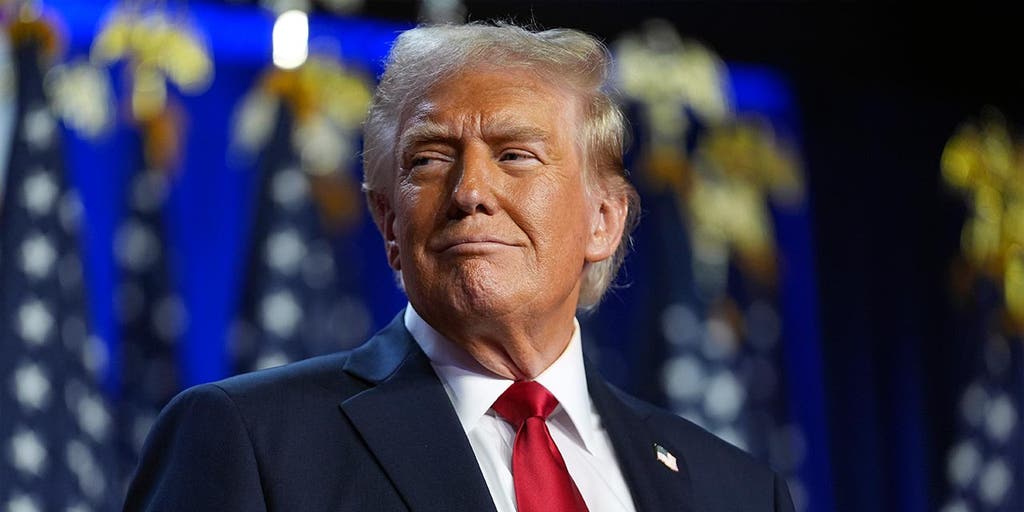Trump's High-Stakes Week: Cabinet Confirmations and Political Showdowns

As February kicks off, President Donald Trump is set to navigate a politically charged week, with the Senate intensifying its review of his key Cabinet nominations. The confirmation process is expected to be a critical focus, as the administration seeks to fill crucial leadership positions across various government departments.
The Senate's ongoing deliberations promise to be both intense and consequential, with each nomination potentially shaping the direction of major federal agencies. Trump's team is working diligently to secure approvals and solidify his administrative lineup, highlighting the importance of these strategic appointments in implementing the administration's policy agenda.
With multiple high-profile nominations in the pipeline, the coming week represents a significant moment for the Trump administration as it continues to build its governmental infrastructure and set the stage for its policy priorities.

